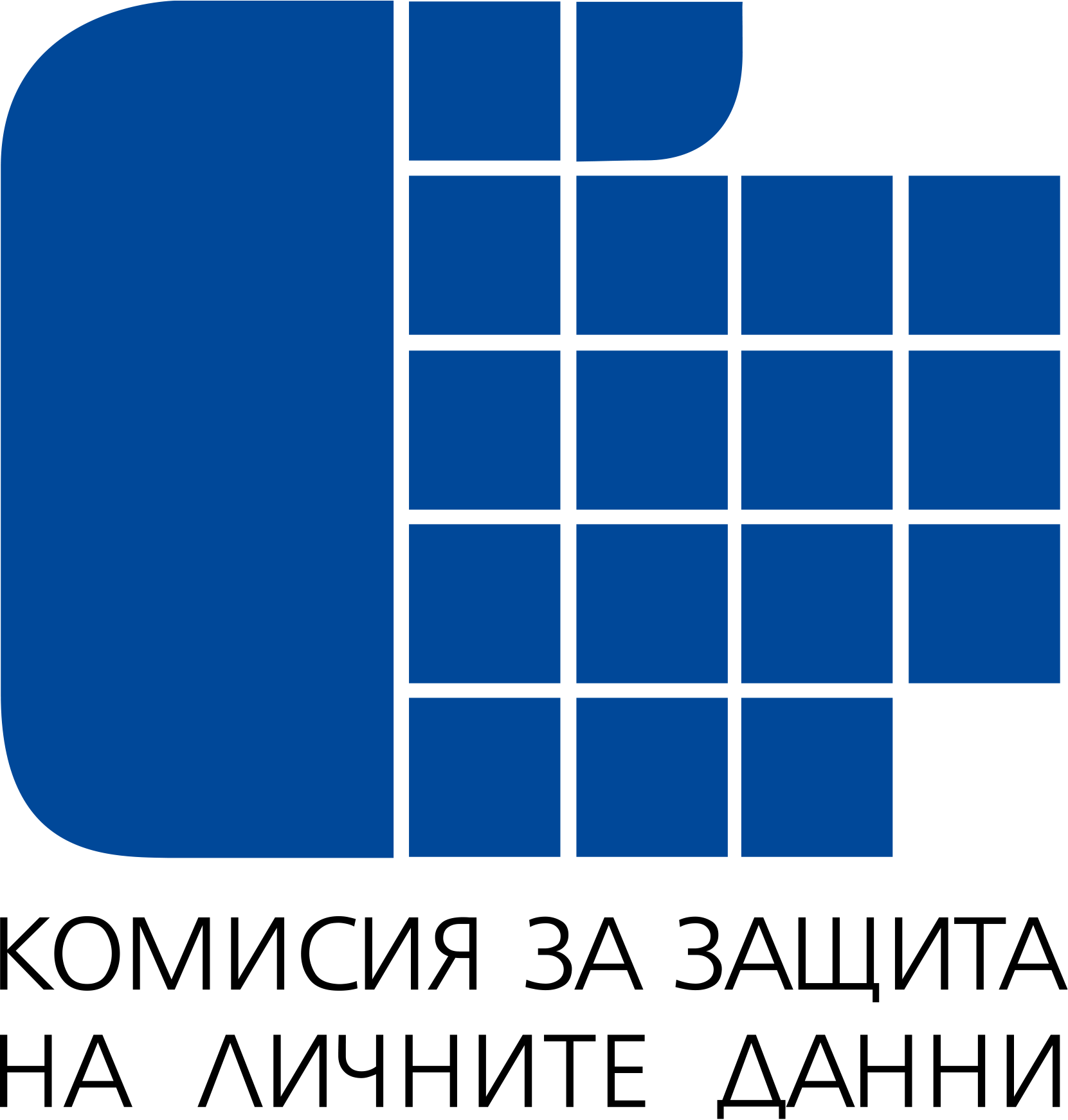While you are on the Internet,
1. Do not submit personal data such as name, password, address, home phone, employment, and business phone of your parents or the school you study in.
2. Do not submit your own photos or photos of your relatives without having discussed that decision with your parents in advance.
3. Always before you upload your photo and/or to post your mobile phone number think well weather you really want to and will it be appropriate for you that information will become available to an unlimited circle of people.
4. Do not accept meeting anyone who you get known on the Internet without your parents being aware thereof. If they approve the meeting, let it happen in a public and busy place,and the presence of your relatives or friends is a must.
5. Do not respond to messages that are abusive, threatening, obscene or making you feel awkward. Notify your parents or another adult relative of yours of such messages and their source.
6. Do not start e-mail applications received by an unknown sender. They may contain virus or a program, which can damage your computer or draw unlimited information therefrom.
7. Be careful when someone offers you something for free or invites you to join an activity that is promising easy, quick, and huge profit. In these cases, you will most likely become a victim of fraud.
8. Be careful and observant in completing registration forms for registration in websites.
9. Upon registrations always check does the website contain data on the administrator/moderator who supports it, as well as the option for feedback – contact address.
10. Read the "Terms of use" of the website prior agreeing with them! There must be provided information on the need and the purpose of the collection of personal data of the user. In the event that such information is missing and you do not have option to address to the administrator/moderator of the website or they contain information that bothers you, then alert the hot lines by submitting a complaint. You should know that each administrator/moderator who supports a specific website is obliged to provide information on why they need your personal data, what will it be used for, for what period of time, what will happen with it, when they would no longer need it for that purpose, for which you have provided the data (for example registration), as well as to whom and for what reasons the administrator/moderator could provide that data.
11. Do not read and review websites that contain harmful or illegal content. The only thing they could bring to you is damage, troubles, and problems. There is nothing wrong or bad that you have visit a website with harmful or illegal content just because of pure curiosity, accidentally or by a "friend" advice. Do not worry to share this with your parents or other adult relative of yours. They will give you the best advice on how to proceed in that situation.
What does it mean "Website with harmful content"?
These are website which content has or could lead to traumatic psychological effects or prompt their users to a behaviour leading to mental and/or physical trauma.
What does it mean "Website with illegal content"?
Those websites, where the material published or uploaded is prohibited by law and responsibility shall be born.
12. Use the maximum possibilities for social contacts which the specific website provides for the protection of your profile and the information you have uploaded thereto.
13. Be careful, when talking in a chat, discussion forums, social networks, etc. Remember that online people can often represent themselves for whom and what they are not. It is important for you to know that the option, which the web provides for you to remain anonymous or to impersonate another, is provided also to all the other participants on the Internet!
14. Things that you do on the Internet should not harm other people or be contrary to the laws. Be polite and respect the rights and dignity of the other participants on the Internet.
15. Ask your parents for advice prior downloading or installing new program on your computer. Do not do anything, which can damage your computer or reveal data on you and your familyby any action your side.
16. Share with your parents or another adult relative of yours the ways you entertain, get informed and learn new things from Internet.
17. Be rational and inventive in your choice of passwords. Remember: Passwords must be changed periodically. The longer you use one and the same password, the higher the risk for it to be revealed.
18. Use anti-virus software. Update it regularly and remember to scan your computer periodically.
19. In the event that you find information or other things on the Web, you do not like or that frighten you anyhow, and you do not have the opportunity to share this with your parents or other adult relative of yours, then you can submit an alert to address: http://web112.net/, http://www.safenet.bg/ or http://www.cybercrime.bg/bg .


